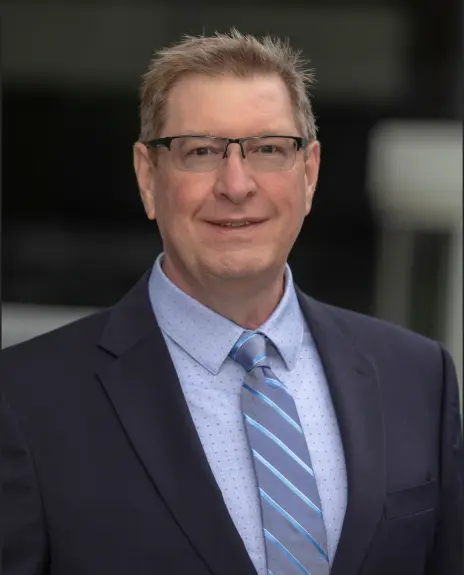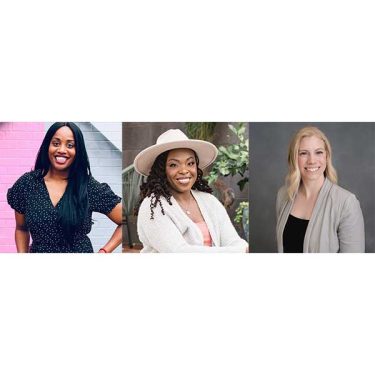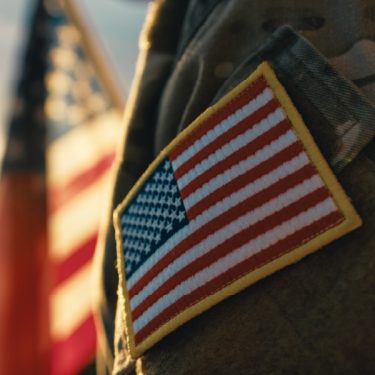It’s National Recovery Month, a time to honor the nation’s strong and proud recovery community. We’re doing that by raising awareness through storytelling. We thank the National Council for Mental Wellbeing’s CRM Administrator, Lawrence Reid (pictured), for sharing his lived experience to educate and inspire others. In his words: “In sharing my story, I choose to leave behind the darkest chapters of my life to focus on the light of recovery.”
How did your journey to recovery begin?

“My story is unique, yet familiar to many. I started drinking as a teenager, a time when I prided myself on my ability to drink more than my peers. This misguided sense of pride carried me into my 20s, where my drinking habits only intensified. As time passed, my daily consumption grew, and the concern from my loved ones mounted. I mistook their worry for a lack of understanding of my supposed tolerance. In truth, I was in denial about the severity of my dependence.
“Friends and family would tell me to quit! But it wasn’t that easy. Friends would encourage me to attend Alcoholics Anonymous (AA) meetings. They told me I wasn’t alone and didn’t need to deal with it by myself, that recovery is a collective journey. A few even whispered they were struggling with alcoholism and AA helped them take it one day at a time. But I thought I wasn’t like them. I thought I didn’t need to go to those meetings. I was wrong.”
What was the turning point for you?
“My turning point came in a way that was both literal and figurative. I fell down some stairs and was taken to the hospital by ambulance. The doctors commented that my levels were so high, I required medical detox. I went into a rehab facility to begin detoxification, followed by inpatient therapy.
“Upon release, I started attending daily AA meetings. Just one day at a time was the focus. Chips were awarded as milestones were achieved. A week went by, and I earned another chip. After earning my one-month chip, the focus shifted to ‘long term.’ Keep up the pace to make 90 meetings in 90 days.
“Around the 91st day, my mental fog began to lift. I wasn’t just going through the motions at this point. I started to truly feel the benefits of sobriety. As someone new joined the AA meetings, I was able to see myself as others had seen me. I was proud of my improvement and wanted to share my good news with the new members to help them with their journey.”
“After the mental fog was gone, I was able to think clearly again. I was able to focus. I discovered my addictive tendencies could be redirected toward something positive.”
How were you able to redirect your focus?
“After the mental fog was gone, I was able to think clearly again. I was able to focus. I discovered my addictive tendencies could be redirected toward something positive. Instead of drinking every day, I focused on learning — not just as a distraction, but as a way to rebuild my life. I started focusing on my future. I began attending meetings at professional organizations. I felt safe because the focus was on learning, not alcohol. I signed up for classes and studied for certifications that would help me advance in my career, and I found that this new focus gave me a sense of purpose.”
What has recovery taught you about yourself?
“The physical, emotional and mental healing that comes with recovery is profound. Removing all alcohol from my body took time. I came to understand that my body has a negative reaction to alcohol, just as some people have adverse reactions to sugar, nuts or other substances. Many people face similar challenges, and there is no shame in them seeking help. The stigma attached to alcoholism was difficult to accept, but as I grew in my recovery, I realized that needs to change. I became more compassionate about understanding others with health challenges.”
How is life treating you now?
“I am glad to report that I have been sober for eight years! I’ve also earned several professional designations along the way. I was honored when a recruiter reached out to me to join the National Council for Mental Wellbeing. I found a place where I can apply my lived experience and professional experience to help others find the help they need to recover from their addiction.”



